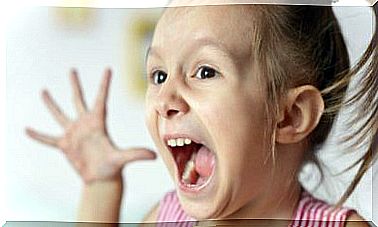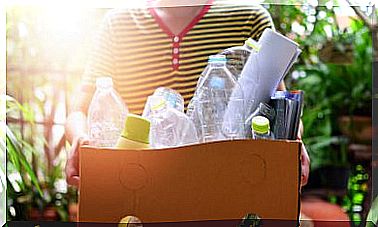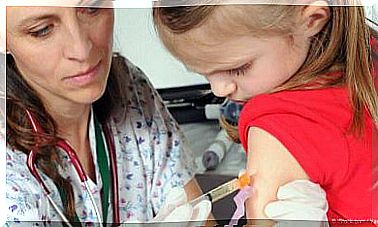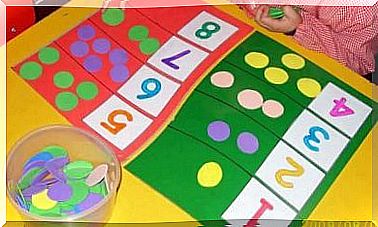Sleep Hygiene In Children With Hyperactivity
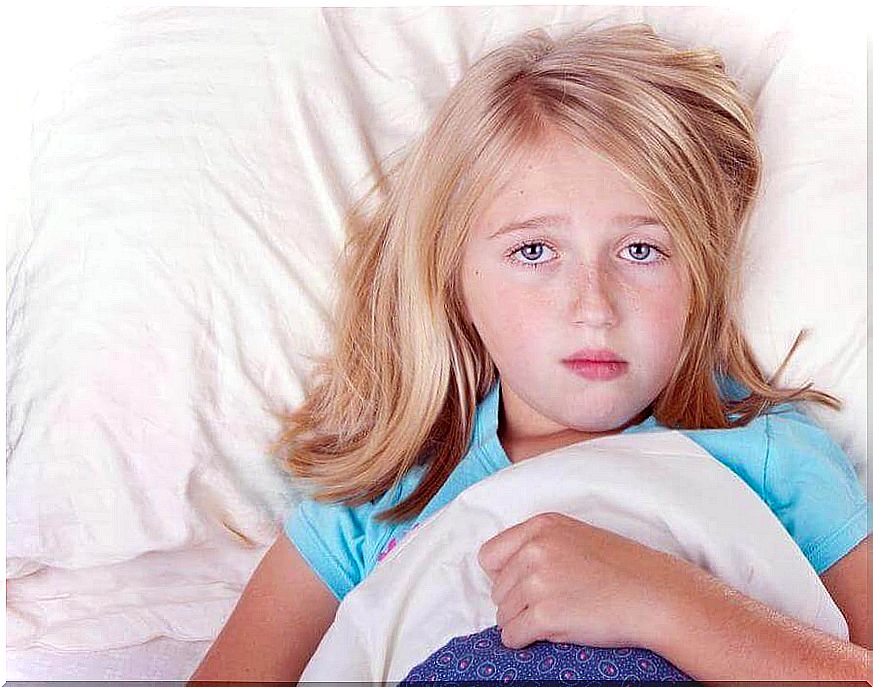
Do you want to know how you can help your hyperactive child have a restful sleep? You can use methods that generate sleep routines. It is essential to maintain standards of sleep hygiene in children with hyperactivity. If insomnia persists, you should go to a specialist for an evaluation of your sleep conditions and treat this alteration in time.
Standards for sleep hygiene in children with hyperactivity
Sleep in children is something different from that of adults. However, it is essential to get enough sleep because it is closely related to the healthy growth and development of children. On the other hand, not sleeping or having bad sleep has psychological and physical consequences that can affect you.
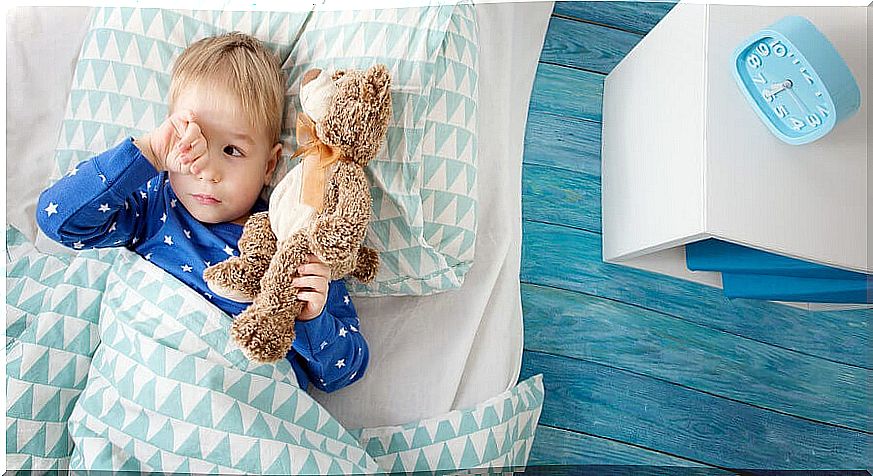
It is essential to have a precise diagnosis endorsed by specialists who recommend measures that help the child to improve the quality of sleep. Some standards are summarized as follows:
1. Establish a series of routines
It is important to create habits before going to sleep. Always following the same routine at the same times is important to adjust the biological clock, define the vital rhythms and mark the control of the child’s sleep. A good set routine is to shower, have dinner, watch a short television, read a story, and go to bed.
If your child is of school age, you should bear in mind that after the vacation period sleep disturbances are more accentuated due to schedule changes.
2. Give them a light dinner
Your child should be able to complete digestion about two hours before sleeping. Avoid eating foods that contain sugar, caffeine or theine, these can stimulate the child’s activity.
3. The child’s room
In sleep hygiene in children with hyperactivity, it is very important to take care of details such as the room.
The biological clock is affected by environmental conditions. That is, in the dark the brain secretes substances that stimulate sleep. On the contrary, in the presence of light activity is promoted and sleep is inhibited.
4. That I associate the bed with sleep
The bed should be comfortable and firm for the child. Choose suitable nightwear, preferably baggy pajamas to make you feel comfortable.
5. Create rules for the use of electronic games
You should not perform tasks in bed that involve mental activity. Therefore, video games, television, and other electronic devices should not remain in your bedroom. Above all, avoid using them before sleeping.

6. Do not show frustration or anger
It is essential to have patience to carry out a strict routine that helps the child fall asleep on his own. If he gets out of bed, have him lie down without scolding him. If he cries, resist the urge to go right away, let a few minutes pass before entering to calm him down, and when he calms down, leave him alone again.
Neurocognitive stimulation
It is a non-pharmacological treatment that works the networks of neural connections that involve sleep. This contributes to enhancing different abilities of the brain to modify the sleep architecture and reduce the problems that prevent the child from sleeping. It is an effective aid for childhood insomnia.
The behavior of children with hyperactivity and their sleep problems
These children have difficulty staying and, above all, staying asleep. In addition, they become restless when in bed. They are very unstable when sleeping and are sleepy during the day.
Consequences of insomnia in children with hyperactivity
Childhood insomnia causes problems to focus attention, difficulty in learning, concentration and impulse control. In addition, it prevents them from controlling their emotions, internalizing language and little capacity for extracurricular activities and work. They also have sudden mood swings, in addition to increasing irritability and anxiety. They are more likely to suffer from other disorders or diseases.
Don’t worry, your child can achieve a good, restful sleep pattern by maintaining sleep hygiene in children with hyperactivity.
